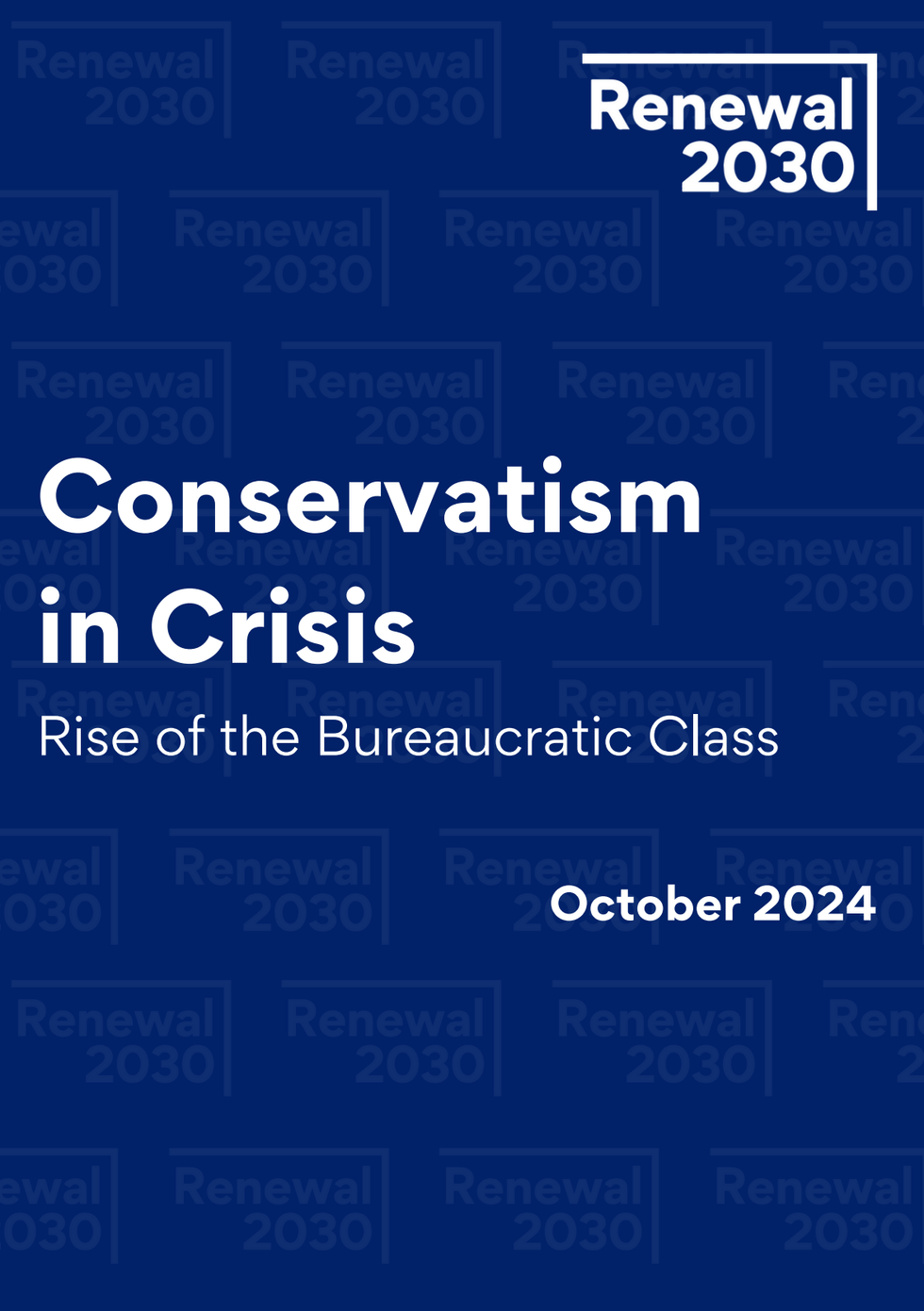The ideology of the new bureaucratic, left-wing class argues that you can’t trust ordinary people and the Government must exercise more control over people, a new report shows.
In a major intervention in the Conservative Party leadership contest, Kemi Badenoch’s Renewal 2030 campaign has released a report ‘Conservatism in Crisis: Rise of the Bureaucratic Class’.
The report seeks to diagnose why Britain’s economy is stagnating and why it threatens the very future of the Conservative Party.
With a foreword by Badenoch, supported by a number of MPs and former MPs, peers and councillors, it also explains how a global realignment in politics, lower growth and social polarisation is affecting the whole of the West.
 Kemi Badenoch is running in the leadership race for the Conservative PartyPA
Kemi Badenoch is running in the leadership race for the Conservative PartyPA
The report is centred around the rise of a “new bureaucratic class”, who are a “self reinforcing spiral.”
This class “supports more rules, intervention, more control” and although “people don’t have exactly the same beliefs,” the “overall ‘common sense’ of society will shift.”
The report also highlights how the bureaucratic class is destroying growth across the West by the rise of safetyism and stifling of risk to “regulate and control us and protect the marginalised.”
It argues the result of this has been a collapse in average per capita G7 large advanced economy growth rates from 2.7 per cent in the 1980s to 2.1 per cent in the 1990s and just one per cent in the 2000s and 2010s.
“Bureaucratic class answers are always the same. They always involve more regulation and control over ordinary people – expanding the power and scope of the bureaucratic class – rather than streamlining the public sector and giving more power to public sector users.
“This drives weak public sector productivity, growing at just 0.2 per cent a year over the past few decades,” the report details.
As well as affecting growth, the authors argue that the bureaucratic class damages social tensions.
The right has accepted social change since the middle of the last century to keep social peace and society together, however, the progressive bureaucratic class “promotes polarisation, endless new victimised identities around race, nationality, sex, gender and the environment itself.”

Kemi Badenoch’s Renewal 2030 released a new report into the existential crisis threatening the future of the Tory party
Renewal2030
LATEST FROM MEMBERSHIP:
The authors explain that it is actually on the left, not the right, where there is a rising intolerance, particularly among the youth.
Some 51 per cent of Labour Party supporters aged 16 to 24 found it difficult to be friends with Conservatives compared to just 23 per cent of those aged over 55.
Their progressive goal is to turn “everything political into a struggle,” leading to a constant “war” on supposedly neutral areas of life.
Ultimately, priming people as victims and the “helplessness of individuals” drives the “supposed need for the bureaucratic class, more regulation, more controls in general.”
“The intolerance of the bureaucratic class forces the market class to cater to the progressive ideology,” it reports.